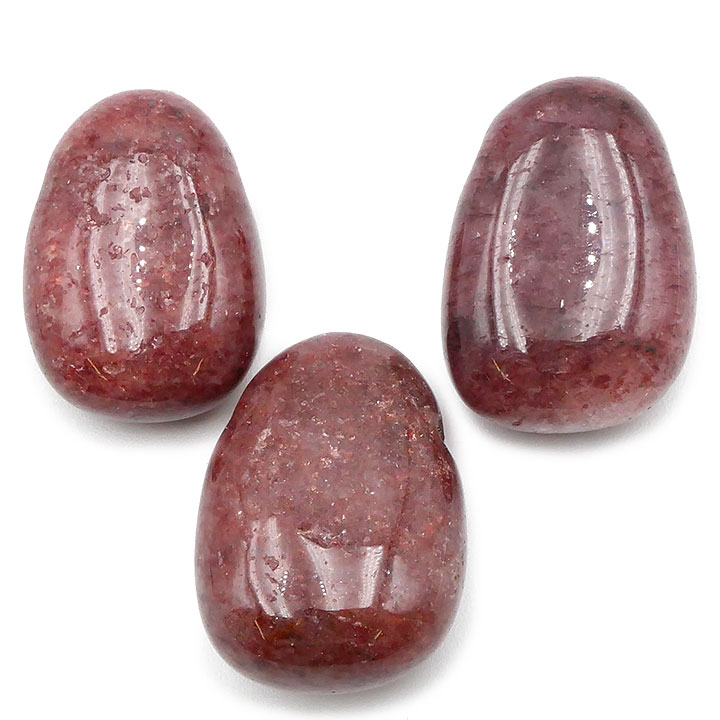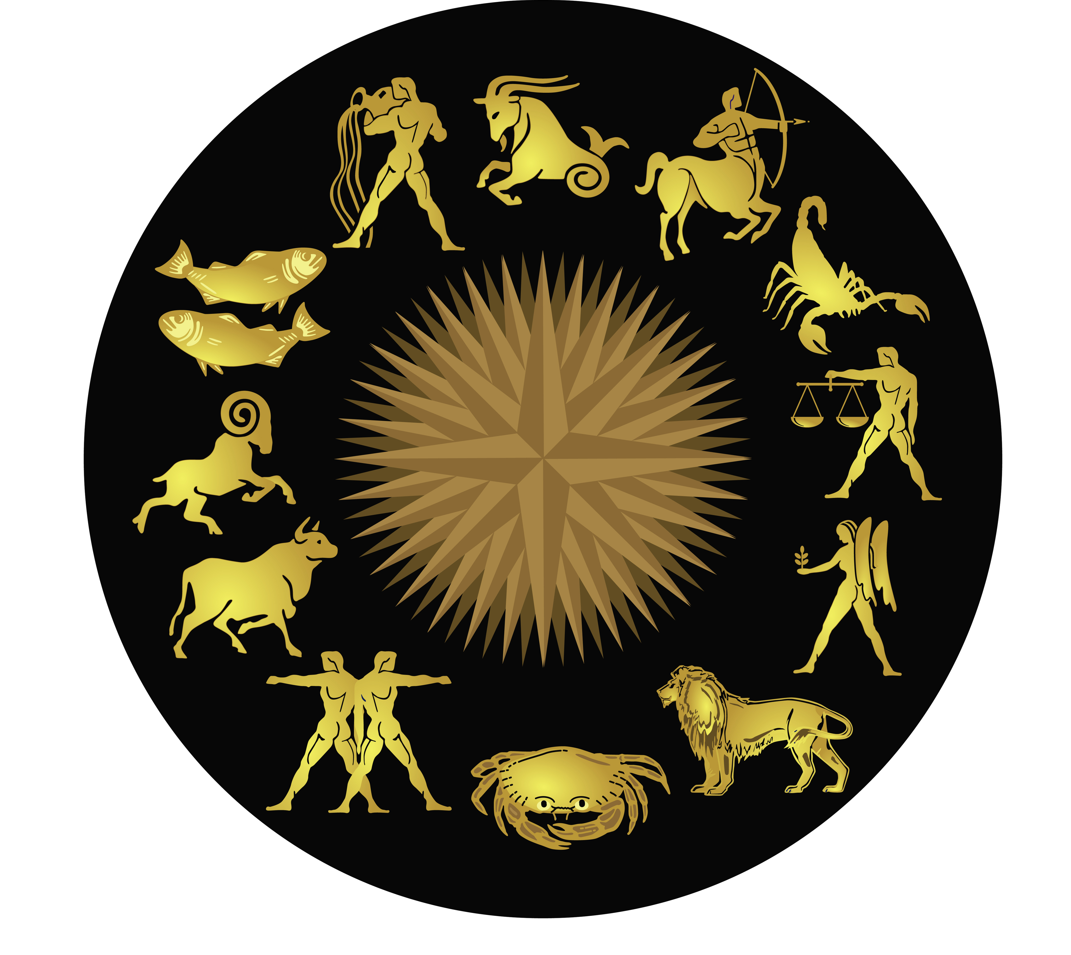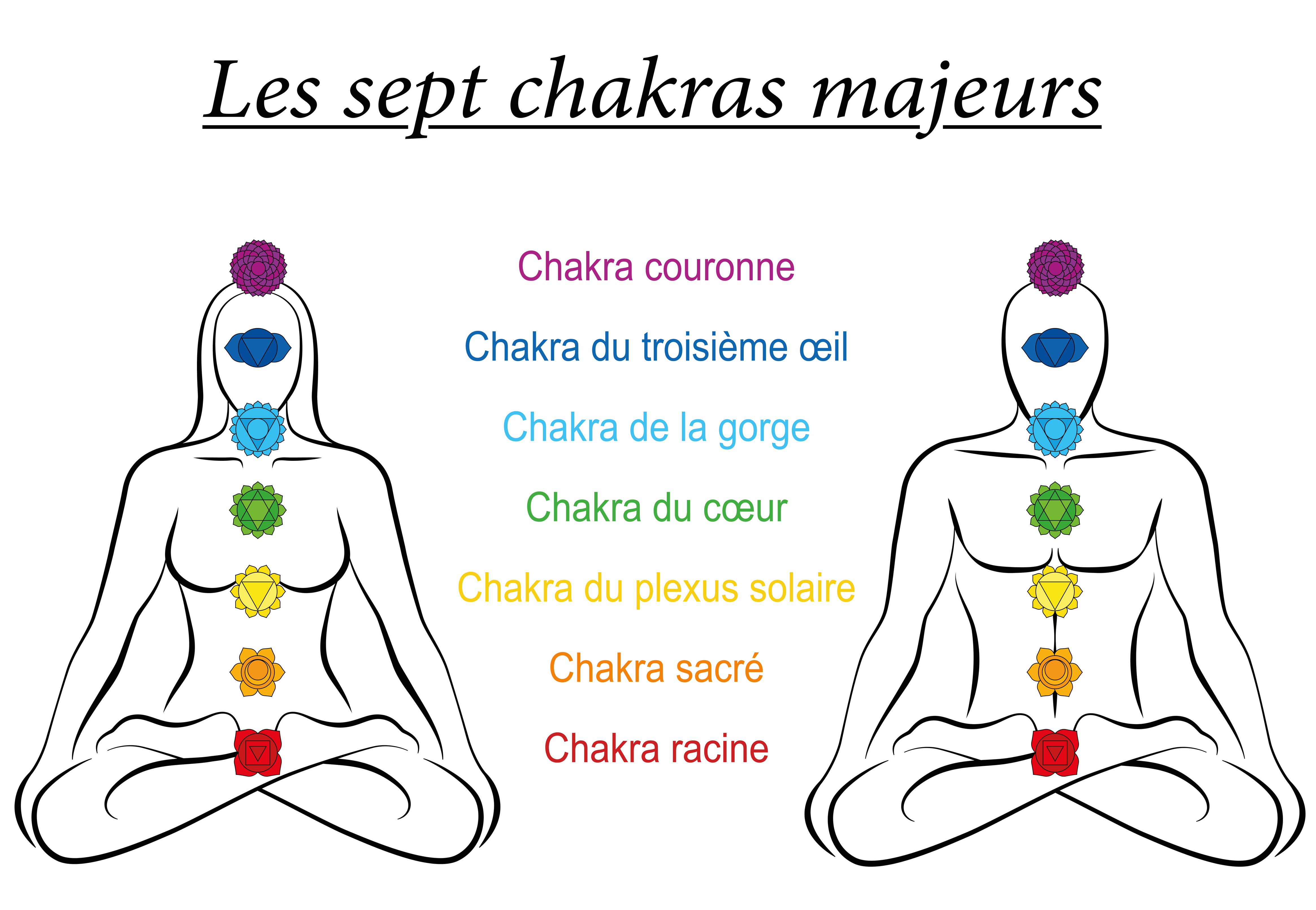
The Muscovite
Muscovite is known since Antiquity. It owes its Latin appellation "vitrum muscoviticum meaning "Moscow glass or glass muscovite". Johann Gottfried Schmeisser (1767-1837), a pharmacist and mineralogist, has named in his book "Système de mineralogy". This name was officially attributed to the stone in 1850 by James Dwight Dana (1813-1895), geologist and mineralogist.
Pline the Elder (23 -79 A.D.), Roman writer and naturalist describes it perfectly in Histoires Natural under the name of lapis specularis or stone mirror. He quotes some who believe that muscovite is "a liquor from the earth which freezes like crystal".
In fact, this mineral used in medieval Russia, as glass for furnace windows, and firewall. This use has been applied in England during the 16th century. It turns out that George Tuberville (1540-1597) evoked it in his exchanges of correspondence with Tsar Ivan Le Terrible in 1568. The name muscovite is recognized by the IMA (International Mineralogical Association).
At the end of the 18th century century, in Siberia, muscovite played a key role in the glass substitute. The Russian Navy has made used extensively in the design of glazing for vessels. Its resistance is much greater when firing gunpowder at canon.
Chemically, the muscovite belongs to the mica family (such as fuchsite, lepidolite or verdite). It's a fluorinated hydrosilicate aluminum and potassium. Its hardness is 2 to 2.5 on the Mohs scale, which is relatively low. For the record, diamond has a maximum hardness of 10 on the same scale. Muscovite has a crystalline system monoclinic. Its low hardness limits its uses.
Muscovite is the most common the best-known variety of the mica group. It is generally colorless or white, silver, light brown, green, pink or red. It has 6-sided tabular crystals, sometimes in the form of flakes, scales or stars. It is found in igneous rocks (magmatic rocks formed during the cooling of the magma), metamorphic or schistose (sedimentary rocks with a clay content flaky appearance). Exfoliation is impeccable with thin, flexible sheets separate.
Nowadays, the muscovite is commonly used in the manufacture of in the construction, painting and cosmetics.
Les deposits
The main deposits are located in Brazil, Canada, the United States and Japan. United States, Peru, etc.

Green benefits muscovite in lithotherapy
The properties of muscovite in lithotherapy on a personal level psychic
Muscovite is a mineral powerful stone for protection against negative energies and influences. It acts as a kind of shield. As such, it and confidence. self. It eliminates complexes and blockages nervous.
She develops intuition and guides its wearer through the choices strategy. It helps to overcome life's difficulties. It provides a better analysis of the situation. It enables you to to play down events and face them head-on with calm and lucidity. It removes the moments of panic.
Muscovite encourages introspection and connection to one's inner self. For example, certain traumas can be explained and the blockages they create are eliminated. This stone gives the possibility of awareness and move on with life, leaving the past behind. behind us and facing the future head-on. serene way.
It encourages the generosity of its bearer. The person opens up to others and shows understanding, without judgment. She reveals herself full empathy, compassion and listening. She isn't afraid to share with those around him and can finally say what she really feels. This stone promotes communication and clarity and a good self-image.
Muscovite enables identify any malfunctions in the personality, such as self-doubt, depression and clumsiness, anger, stress. It brings solutions to these problems. problems.
Benefits for the skin physical plan
Muscovite is a mineral stone that regulates fluid circulation body.
It is well known to combat stress. Stress has which can have a significant impact on the body. It generates tension.
Muscovite helps to overcome states of intense sadness and provides quality, nightmare-free sleep. As a result, waking up is easier and the vitality. They can once again be active and full of projects.
Muscovite and the astrological signs associates
Muscovite is a mineral powerful stone, which protects and positive energy to all natives of the zodiac. However, some astrological signs have a special bond with this stone. This is the case for the following signs:

-
Taurus symbol of stubbornness, determination and loyalty and tenacity. This sign represents jealousy, fertility and abundance. The wearing a muscovite develops intuition and strengthens its ability to overcome difficulties. He likes to own things and acquire land. He knows exactly what he wants from life. He loves evolve in the midst of society. He feels at ease in all environments and appreciates all which is luxurious. He is very stubborn and is almost impossible to change opinion. He has a realistic view of life and rational. He likes to know where he's going and what he wants to achieve. A great generosity, he shares a great deal with his entourage. He's a reliable person and fundamentally honest. In love, he seduces a lot, because it has a lot of charm. He's sensual and tactile. He loves to be caressed and cuddles. However, he is very family-oriented is looking for her soul mate. Her relationship is principle, solid;
-
Lion:
-
Capricorn : symbol of maturity, of ambition and professional success. This sign represents perseverance caution and solitude. Wearing a muscovite brings him serenity and helps him to open up to others. This sign doesn't reveal itself easily and doesn't trust. He is organized, very methodical and exactly what he wants. He's a hard worker hard-working. He shows determination and patience. He shows a certain coldness and can be psychorigid. He is very sensitive and is very introverted. He loves solitude and self-sufficient. He thinks that others don't need him, then he doesn't have need of others. This sign is reliable and can be rely on him. He's proud and resentful. He can't forgive a betrayal or a betrayal. injury. In love, he is shy, full of and struggles with his emotions. He has to show his feelings. He prefers to spend next to a beautiful love story, rather than suffer. Over the years, he gains confidence in himself and in others. He can then let go and show off feelings.
Muscovite and the chakras

Muscovite helps to balance the crown chakra. It is located in the fontanelle, above the head. The balanced crown chakra generates wisdom, altruism and self-knowledge. The person is no longer focused on itself. It develops feelings of empathy, understanding and compassion. She opens up to others, while accepting herself as she is.
The chakra of the unbalanced, overactive crown prevents physical pleasures. It is detached from material possessions and reality. It has no place in the company.
The chakra of the blocked crown makes the person completely closed and self-centered. It becomes excessively materialistic. She tries to to make themselves indispensable by inflicting work overload.
Maintenance, purification and recharging of the muscovite
Muscovite is a mineral stone that must be recharged and purified as soon as its arrival in your home. That's right, since its extraction, this stone has been contact with numerous energies and influences various. It has certainly lost some of its efficiency. The following operations are to be carried out at least once a month or after a lithotherapy session.
Dip your muscovite in a glass of distilled water for a few minutes. 2 to 3 hours. Rinse with water and dry with a soft cloth. You can also be purified by fumigation with white sage or in a Tibetan bowl. It is also possible to purify it by burying it in the ground for a week.
Recharge it using the the afternoon sun. You can also place it on a geode or on a quartz cluster for 24 hours. hours. This technique is the gentlest for your muscovite.
Find all our products in Muscovite